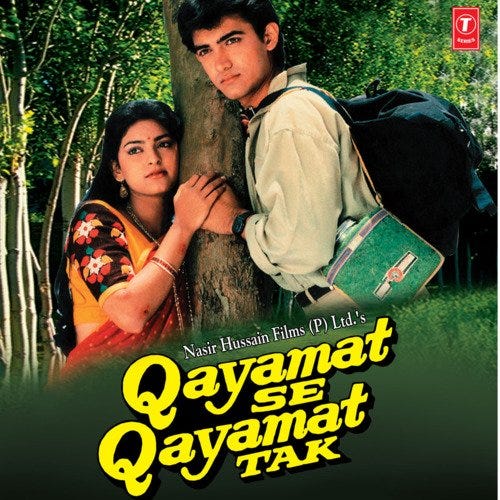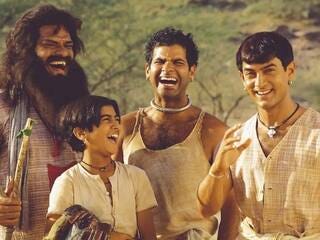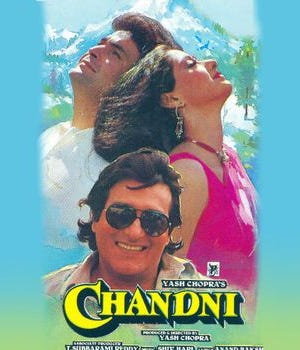Unintended life lessons from Hindi cinemaSometimes you have to watch the film that the film-maker neglected to make.We often say that one should leave one’s brain behind when we choose to watch most mainstream Hindi films; we dismiss popular films as ‘one-time-watch’ but the human being is full of surprises and often learns most from unconventional and unintentional sources. QAYAMAT SE QAYAMAT TAK I was in my teens, and here was a clear-eyed, pithy line to use every time one would be required to justify thinking for oneself and rejecting the narrative of hate between communities and castes. I hadn’t imagined how apposite this short sentence would remain over the years, instead of losing relevance. In the film, the lovers are doomed, but it isn’t always necessary to let screenwriters and film directors decide how stories end. SHOLAY The loquacious Basanti is the entertainer, the comic relief, the lone Uber/Ola substitute in the village and the one who will repeatedly rescue the double-trouble duo of heroes, played by Dharmendra and Amitabh Bachchan in her horse-drawn carriage. She stays calm, strong and strategic in the face of the enemy, personified by Gabbar Singh (Amjad Khan). She never breaks the law. She is an empathetic relationship manager. The village depends on the woman to bring it together. Basanti is trusting, yet worldly-wise. She is comfortable with letting the joke be on her. As you know, in her own version of real life, Basanti grows up to become an accidental member of Parliament and graduates from her tonga to tractors and photo opportunities from the sunroof of a Mercedes SUV. She is dismissive of awestruck news reporters and offering laconic sound bites for mass entertainment. LAGAAN In this grand narrative of representing oneself (read Indians) as the victimized underdog, nobody really cares about the one who is oppressed within the Indian system. Sometimes you have to watch the film that the film-maker neglected to make. Maybe they will justify their storytelling by using the excuse of representing reality, maybe they will say they tell stories that audiences demand. When audiences take charge of stories, it really doesn’t matter any more. TEZAAB Actually I did learn something from Tezaab. Sometimes I entertain my children with my impersonation of Babban, played by Chunky Pandey in the film. I hold a fake car steering and turn it all the way to the left and then all the way to the right, while pretending to drive on a straight highway and singing poetic lyrics that made a list of everything that was asleep—the earth, the sky, the destination and the road.  Be like Chunky Pandey. Sometimes it takes enthusiastic overacting to create memories. Chandni, in which the eponymous role is played by Sridevi, is one of my favourite Hindi films even though it might be the only time when I felt that arranged marriage or even arranged love would have been safer for this wonderful, creative brilliant woman with such a childlike naughtiness in her. “Do all my emotional labour, while I get better at being a thoughtless, bumbling, clumsy man who can’t walk down a flight of stairs without disrupting everyone else’s life,” seems to be the main message Chandni gets from the man she is in love with— Rohit, played by Rishi Kapoor. Yet she finally chooses the needy, less emotionally mature Rohit over the older man, Lalit (Vinod Khanna), whose gentle and capacious love had helped her heal and rebuild her own sense of self. Chandni makes me think of the contradictions in love and marriage a lot. Certainly, it is a film that shows that there is no such thing as happily ever after. Follow your heart but also build stamina for the emotional upheavals life will inevitably bring. Take risks. Don’t always choose safety. Never compromise your sense of well-being to appease someone you think is in love with you. Thank you for subscribing to Natasha’s Newsletter - Immortal for a Moment and Ochre Sky Stories. Send me an email, let me know what this means to you. |





